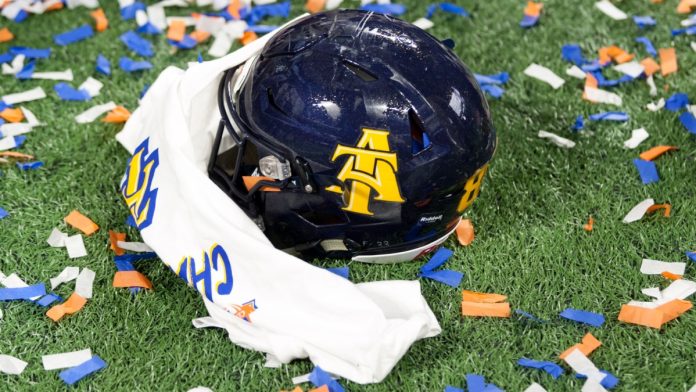A member of North Carolina’s House of Representatives has introduced a piece of legislation aimed at prohibiting college player prop bets.
Rep. Marcia Morey introduced House Bill 967 on Monday as a measure that aims to ban individual player prop wagers on college and amateur sports while also banning retail betting at venues hosting a college sports event. Morey’s decision to draft and introduce HB 967 follows a call by NCAA President Charlie Baker for all states to ban college player props to protect the integrity of competition and prevent harassment against athletes.
HB 967 has until July 31, the end of the current legislative session, for consideration.
North Carolina has emerged as a promising new sports betting market after the state went live with regulated wagering on March 11. According to data provided by the North Carolina State Lottery Commission, operators reported a total online sports betting handle of $659.3 million in March. The handle included $202.6 million in promotion bets.
As of May 2, the Tar Heel State is home to eight licensed sportsbooks.
Other states already ahead of North Carolina
Three regulated gaming markets have prohibited college player props. In April, Louisiana joined Ohio and Maryland as states that have barred the wagers in 2024. The Louisiana Gaming Control Board will no longer allow operators to accept the prop bets after Aug. 1.
Another regulated gaming market is considering joining the group. Last month, New Jersey Sen. Kristin Corrado introduced Bill S3080 as a measure that also aims to ban college player prop wagering. Active gaming rules in the Garden State allow eligible patrons to wager on college player props but not on games involving in-state institutions.
On the other hand, Montana has showcased no concern regarding Baker’s desire for states to ban college player props. Montana Lottery Director Bob Brown believes the issue doesn’t apply to his state but appreciates the concern about protecting athletes.
“Speaking specifically to our state, with Montana’s low population and only two large universities, we can speak confidently that any issues occurring nationally have not been an issue in Montana,” said Brown in a letter sent to Baker and the NCAA last month.














